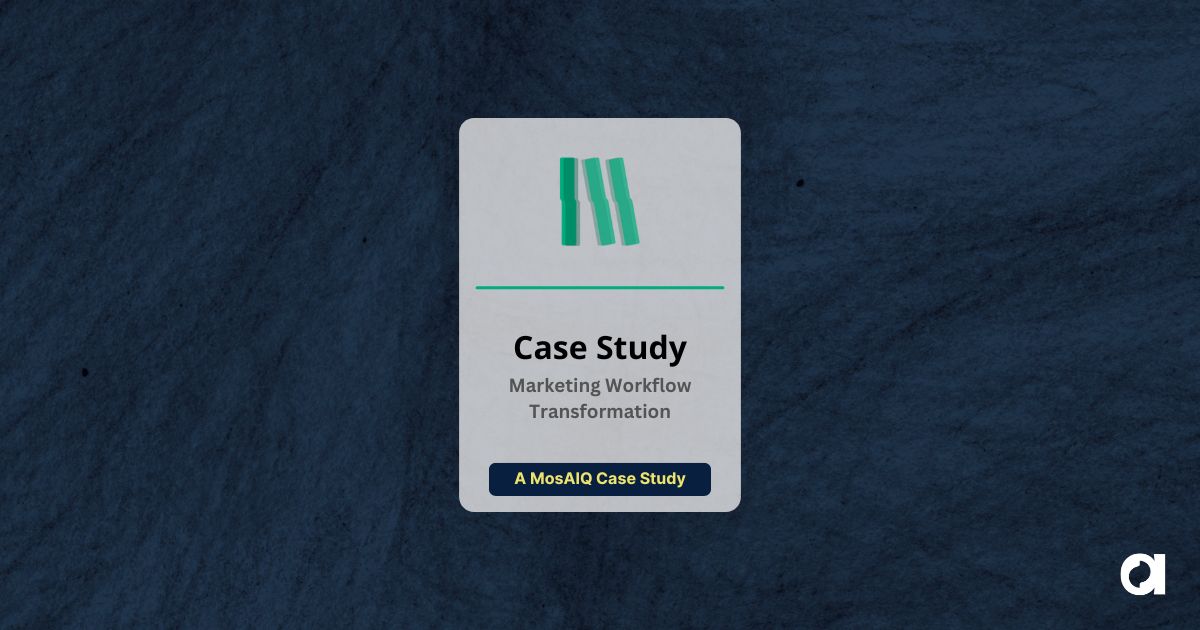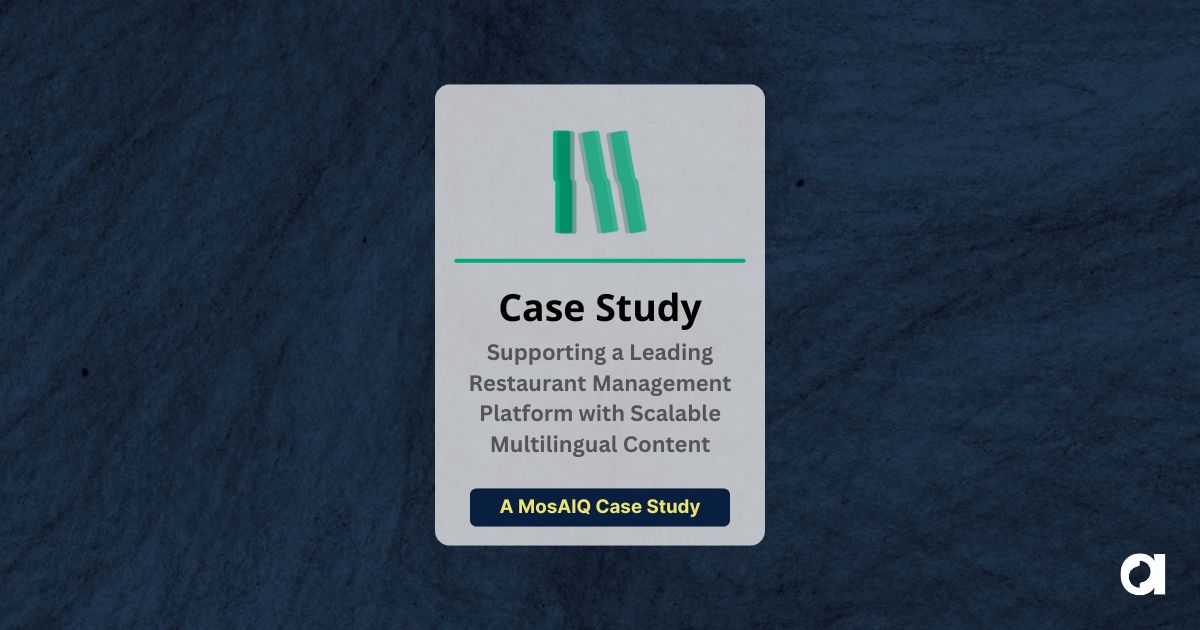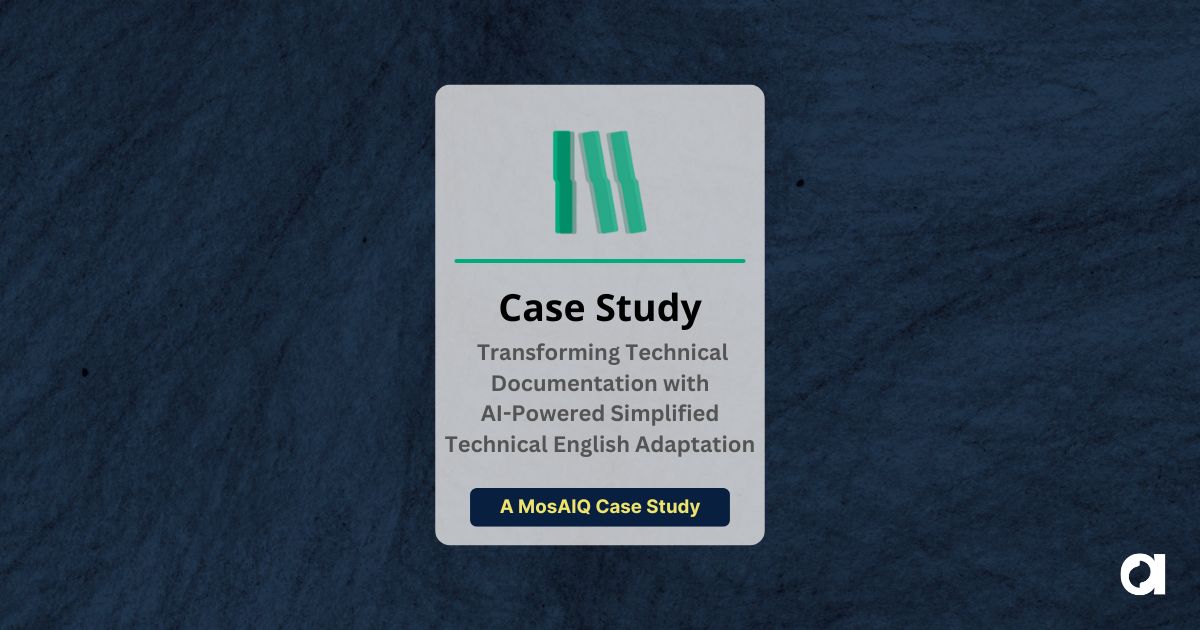Marketing messages have to quickly and effectively convey a lot of information. Here are five key considerations to keep in mind when translating and localizing marketing content.
Every marketer in the world is trying to do the same thing – reach more potential customers. However, only about a quarter of the world’s internet population operates in English, so billions of global customers might be out of reach for you if translation and localization aren’t part of your marketing strategy. Here are a few key factors that make effective marketing translation and localization possible.
Know your audience
When it’s time to kick off your marketing translation project, it’s important to make sure that your language service provider (LSP) knows as much as possible about your target audience. Demographic details like age, region, cultural background, and education are essential for translators – the more they know about your audience, the easier it is to customize the translation to match that audience. It then becomes easier to make your marketing content appealing in multiple languages and see a better return on your translation and marketing efforts.
Build a style guide and glossary
If your project is longer than a couple of pages, then it’s worth your time to create both a glossary and a style guide. A pre-approved terminology glossary identifies language choices that a translator needs to use for each market, making it a good initial starting point. Style guides also help translators in their translation decision-making process and help with corporate branding by including items like intended brand perceptions, goals, descriptions, and audience information. It’s a good idea to work closely with your LSP to develop a glossary and style guide ahead of time to make sure your marketing content is translated the way you intend it to be.
Choose your team wisely
Unfortunately, not all expert translators are excellent writers. When translating marketing content, you need translators who are compelling writers and who can think about the nuances of your marketing messages and how best to communicate them in the target language. Subject matter expertise is important, but it’s an unfortunate fact of life that having background knowledge of a subject doesn’t guarantee that someone can write about it well. Asking for references or sample work before choosing your team is the best way to make sure you have the right people for the job at hand.
Get creative
Let’s face it, marketing translations are special. Marketing copywriters often use figures of speech, cultural references, idioms, and appeals to shared cultural knowledge, all of which typically doesn’t work well with direct translation. The solution is transcreation. Instead of aiming for a linguistically accurate translation, the goal of transcreation is to find the best way to deliver a marketer’s intended idea and creative concept in another language. To do that, your translation team will have to think about what your content means and then decide on the best way to convey it. Transcreation typically takes longer, and can be considerably more challenging, but the payoff is worth the effort and the risk of unintentionally sending a message that you don’t want to is too great.
Proofread carefully
It’s crucial to make sure your LSP takes editing and proofreading seriously. Putting out content that’s full of grammatical errors and typos says a lot about your brand that you probably don’t want to be said. Mistakes are natural, especially during complex creative processes like translation and transcreation. Just one extra pair of eyes can make the difference between good content and amazing content, which is why a good LSP will provide a reviewer that knows your business, understands your objectives, and would works to produce translations that perfectly fit your objectives.
The Argos difference
At Argos Multilingual, we recognize that good marketing translators need to be good writers first and foremost. That’s why we work exclusively with professional translators who have extensive experience in marketing and advertising translations. We ask our global network of linguists to specify their subject matter expertise during their registration application, and we then categorize them according to their proficiency, language pairing, and specialization.
Want to learn more?
 Argos Multilingual
4 min. read
Argos Multilingual
4 min. read
No matter what industry they work in, every technical writer’s goal is the same – to transform complicated information into a clear, concise, and accessible document. Here are a few tried and true methods that should make that goal a little easier to reach. Before we roll out the tips and tricks, it’s helpful to […]

 Argos Multilingual
1 min. read
Argos Multilingual
1 min. read
As part of our ongoing efforts to give back to the community, last year we began helping to proofread some examples of poetry translated by the students at the Pedagogical University of Kraków. We also offered top students from the university a paid internship within our linguistic quality and innovation (LIQUID) and desktop publishing (DTP) […]











